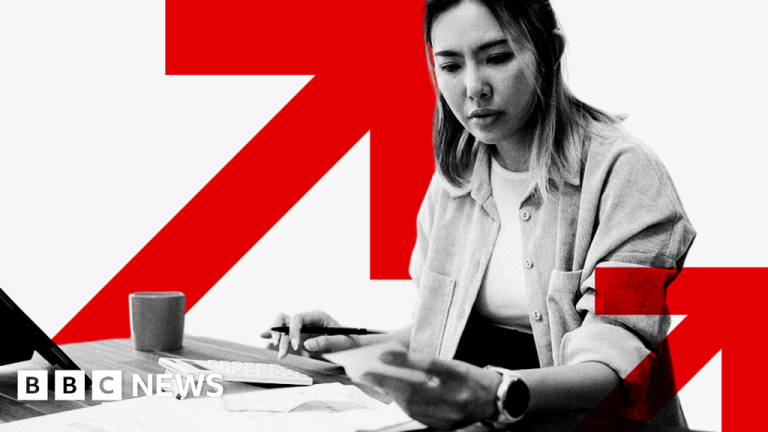Income tax is paid on employment income and self-employment profits during the tax year, which runs from April 6 to April 5 of the following year.
It is also paid on certain external benefits and pensions, on income from rental of real estate and on income from external savings and external investments beyond certain limits.
The basic rate is 20% and is paid on annual earnings between £12,571 and £50,270.
The highest rate is 40% and is paid on income between £50,271 and £125,140.
Once you earn more than £100,000, you also start to lose the tax-free personal allowance of £12,570.
You lose £1 of your personal allowance for every £2 your income exceeds £100,000.
Anyone earning more than £125,140 a year no longer receives a tax-free personal allowance.
The additional rate of income tax of 45% is paid on all income above £125,140 per year.
These prices apply in England, Wales and Northern Ireland.
Some income tax rates are different, including in Scotland, where a new rate of 45% came into force in April. The highest rate also increased from 47% to 48%.

